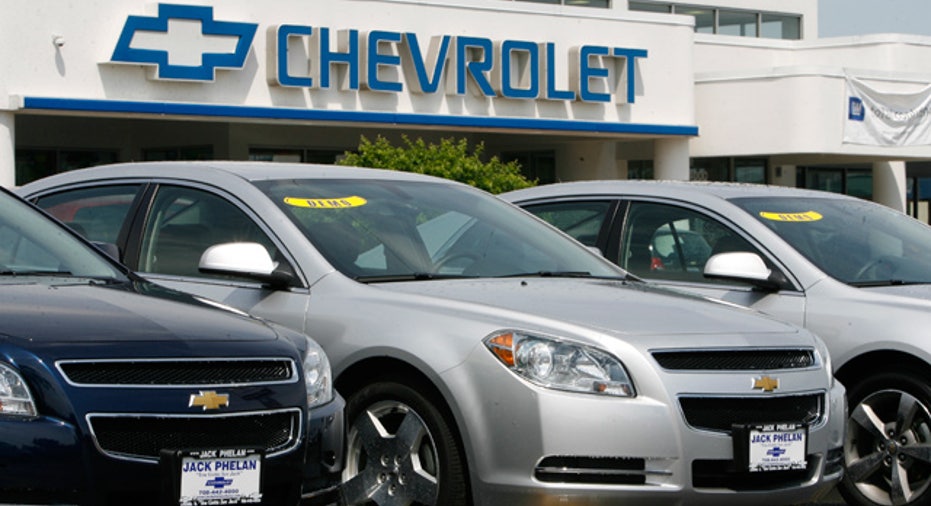A Bankruptcy Geared to Lower Car Payment?

Dear Bankruptcy Adviser,Is there a bankruptcy you can file and keep what you have and just pay what you can? I have a 2010 new truck with a monthly payment of $700. But my job of 22 years has taken a turn for the worse. I need to keep my truck and I'm willing to pay. But I just can't afford $700 a month. I can afford $400 to $500. What are my options?-- Paul
Dear Paul,Usually clients explore this option when the lender is unwilling to alter the loan terms. They have already asked for a loan modification and the lender prefers to keep everything the same. We get a lot of bankruptcy business because of lender inflexibility.
I doubt you would achieve your goal of lowering the payment in bankruptcy. You have a brand-new vehicle and the car loan is likely for a term of four to six years. The only way filing bankruptcy could help is if you had a very high interest rate. And even in that scenario, the payment will likely not be lowered enough to make bankruptcy worthwhile.
A Chapter 13 bankruptcy would be the only type to meet your intended goal. But it is not as simple as a "pay what you can" approach. You will have a monthly payment for the next three to five years made directly to a person, called a trustee, assigned by the court to oversee your case. The trustee distributes that payment to some or all of your creditors while you are in Chapter 13.
The length of time of the case is either three or five years. Your income determines the length of the reorganization period. If your income is below the state median, you need to develop a three-year plan. If it's more, you must stay in Chapter 13 for five years.
The size of your monthly payment to the trustee depends on how much you make, minus what the court deems to be acceptable living expenses.
In some cases, this strategy works. A car loan is considered a secured claim because the lender holds title to the car until the loan is paid. This means that usually the car lender will be paid before any other creditors. (Two big exceptions to this rule are overdue state or federal taxes and delinquent child or spousal support payments.)
In the Chapter 13, the interest rate on the truck could be reduced to as low as the 5% range by the judge. (However, if the interest rate on your loan is currently less than that, the rate may actually increase.) And the remaining balance owed on the truck will be paid in full over the course of the bankruptcy. The bankruptcy rules say car loans less than 910 days old must be paid in full, and you mention your car is a 2010 model.
Any other credit card, personal loans or unsecured debt will also be included in the bankruptcy. Whether those creditors get paid anything will depend on the monthly payment you are making to the court.
That is the easy answer. I have filed many cases similar to yours. I simply try to make sure that the client is aware of the possible outcomes. Here are three leading factors to consider.
One, you are inside an active bankruptcy for quite some time. You might see an increase or decrease in income during that time, which usually has an impact on your case. Your payment to the court would increase if you start earning more.
Two, you will be paying attorney fees and court fees throughout the bankruptcy. Even with those fees, the overall payment can be lower. Spreading out payments on a loan with a low balance or high interest, for instance, could mean the monthly installment drops, even though you are paying additional costs.
And three, depending on the state and district in which you reside, you may have to surrender future tax return refunds to the court. Each state and district has different local rules. You need to explore local rules prior to filing.
You should not do anything before fully exploring the possible consequences.



















